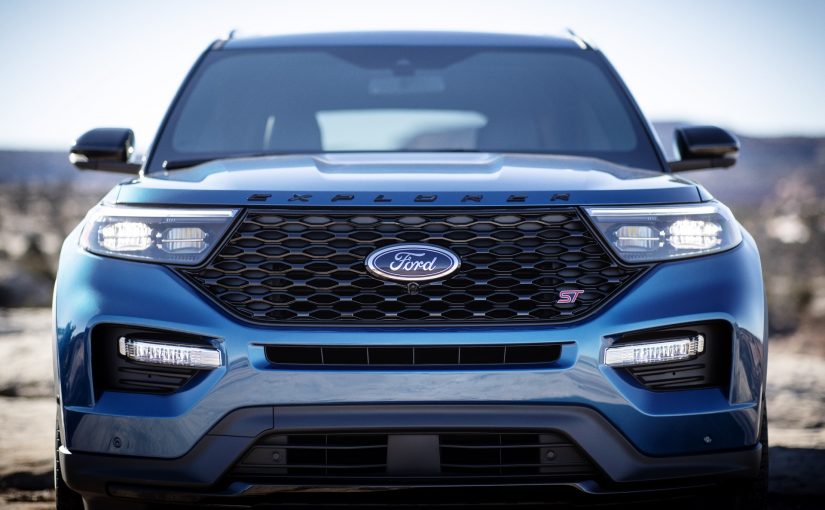
You’re probably only going to make a car purchase a few times in your life, like most people. Given the size of the expenditure and the importance of having reliable transportation, it’s best not to rush the car-buying process.
Buying a car is a reality that we all must confront at some point. Following the tips below will help you save money, get the best deal, and maybe decrease the stress that comes with buying a new or used car.
Private vehicle dealers not only accept cash, but they can also offer to finance. However, some of their financing alternatives may be biased or skewed, and you can save hundreds of dollars by shopping around for financing yourself.
Shopping allows you to compare the rates of different financial companies’ vehicle loans. This allows you to choose what is best for you while minimizing the amount of interest you pay during the loan’s term.
Many people receive loans from vehicle dealerships, but this is not a wise financial decision. Even in a low-rate environment, dealership interest rates are often substantially higher than bank and credit union loan rates.
One of the greatest locations to start investigating vehicle loan rates is your bank or credit union, where you can get special relationship discounts that you won’t find anyplace else.
However, this does not rule out the possibility of using dealer financing. By partnering with specific lenders, some dealers can provide competitive financing rates.
Before your car purchase, browse around unless it’s an emergency. Always make it a point to leave at least one dealership. You’ll always know their lowest price this way, which they frequently give you right before you leave.
It can also be worthwhile to look into out-of-town vehicle dealerships. Dealerships charge various prices for their vehicles based on where they are located.
Use a trustworthy valuation site to receive an accurate estimate of what you should spend for your new or used automobile once you’ve decided on the make and model and know where you plan to buy it.
Before a used car purchase, you might want to check out the owner’s feedback. To do so, approach anyone who owns the same model as the one you’re looking to buy and ask pertinent questions.
Just be careful not to intrude on their personal space. You can also look up the vehicle’s history to see if it’s been flooded, burned, or otherwise damaged.
When you see a beautiful luxurious car in a showroom, you say to yourself, “Wow!” All I’ve ever wanted was that.” Most people get caught up in the thrill of purchasing an automobile and wind up getting a vehicle that does not meet their requirements.
At all costs, you must avoid this blunder. To do so, prioritize factors such as the number of seats desired, the presence of a high-end entertainment system, legroom, engine alternatives such as a diesel engine or automatic transmission, and finally, your budget.
Acquiring an off-road SUV is pointless if you simply intend to use it to commute from work to home and back. Making a list of “must-haves” and “nice-to-haves” can assist you in sorting through your options.
Because there are unlimited alternatives for a car that you want, you can also cut down your search by determining what you require. After you’ve sorted out and stated your priorities, you’ll be able to stroll into a private dealership and leave with exactly what you need.
If you’re looking to make a new car purchase, you’ll want to look for the “invoice” price rather than the MSRP. This is the amount paid by the dealer to the manufacturer for the vehicle. Once the pricing talks begin, this research will come in handy.
If you’re considering buying a used car, look into the most recent resale prices for that model. This information will give you a lot of negotiating power. If you intend to trade in your current vehicle, do some research on its market value as well.
Knowing how much your trade-in is worth can help you negotiate more effectively. Conducting a thorough study before purchasing a vehicle also helps you avoid impulse car purchases. A car purchase made on the spur of the moment is a dangerous proposition.
You may discover that you can’t afford the car when it’s too late, or that its performance falls short of your expectations. You should be able to find an automobile that you’ll like for many years by researching the brand, model, and style, as well as comparing insurance rates and financing options.
A new car purchase is a significant investment, and you may be paying it off over several years. Limit in mind that if you finance the automobile, the total cost of accessories will increase, so keep the extras to a minimum.
Heated seats aren’t necessary, and a portable GPS navigation unit can be purchased online for considerably cheaper than pricey built-in systems. Despite what the salesperson may tell you, rear camera and rust-proofing are other add-ons you don’t need.
The dealership might even persuade you into purchasing extended warranties, tire protection plans, paint protection plans, and gap insurance which you don’t require at all.
If your usual insurance doesn’t pay for full replacement if your automobile is totaled, gap insurance guarantees to cover the difference between the purchase price of replacing your almost-new car purchase with a brand-new car.
Gap insurance is frequently costly and has a number of flaws. If you still want the product, you should get it from your regular insurance provider rather than from the dealer.